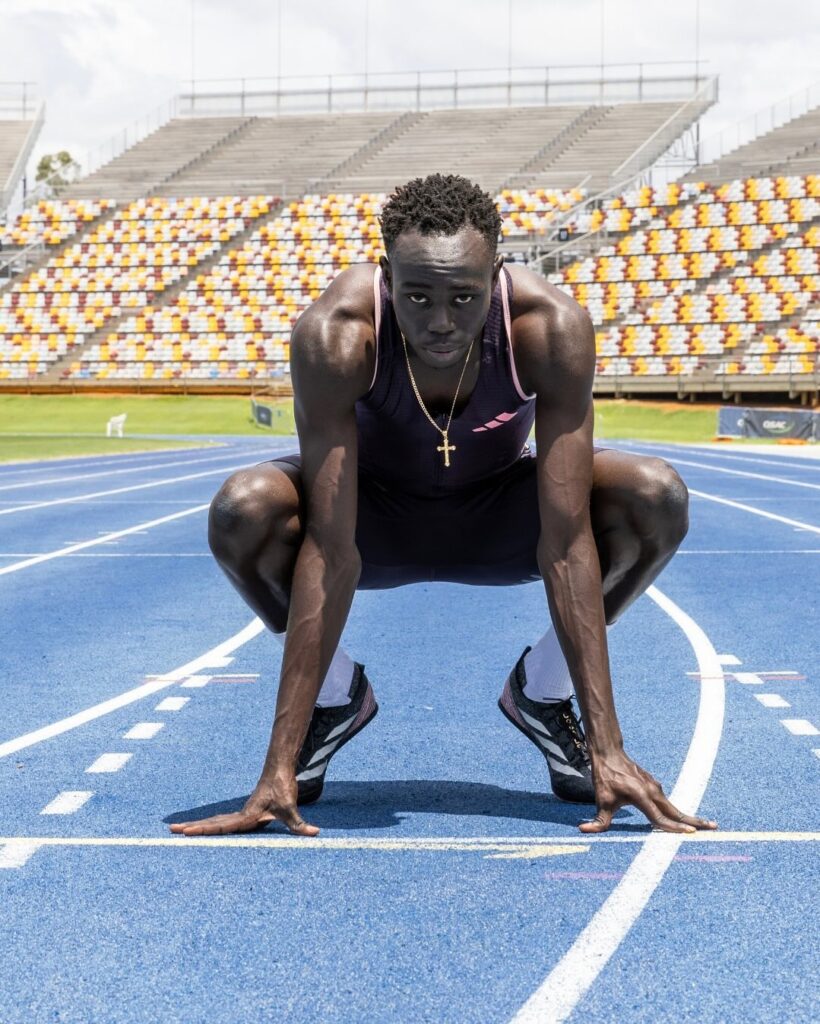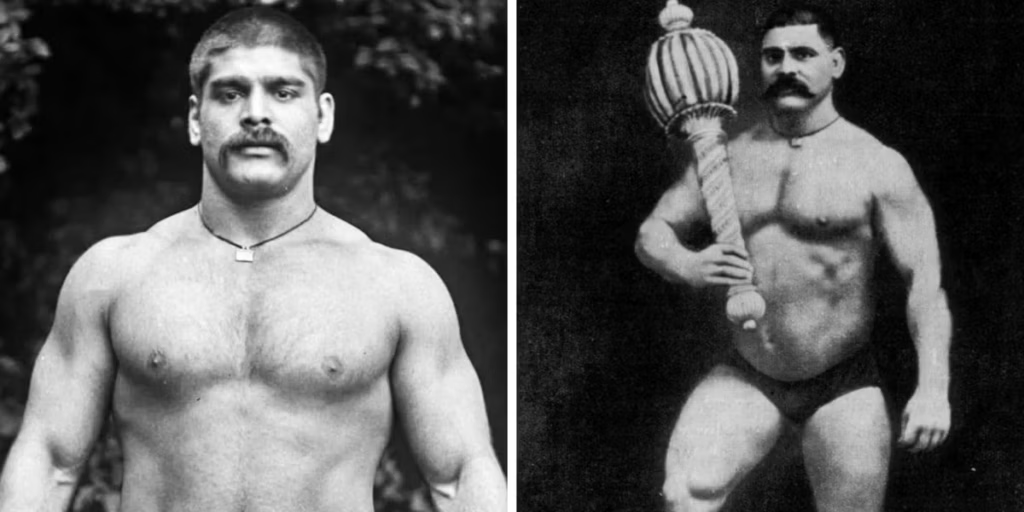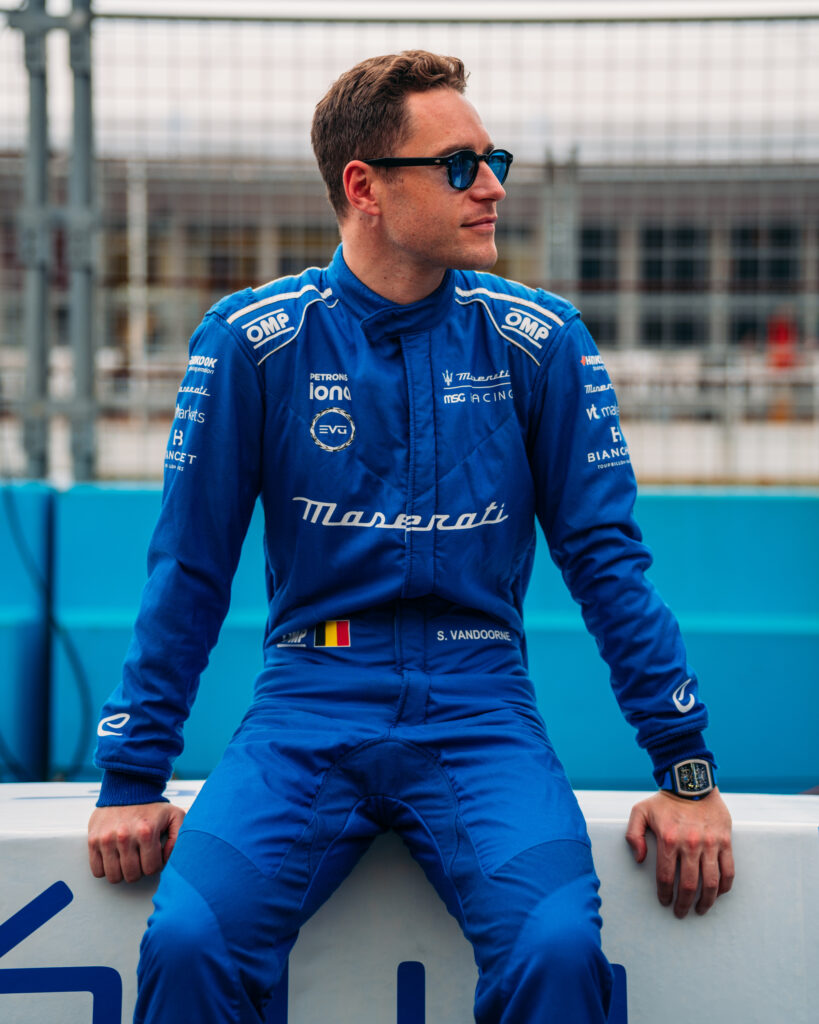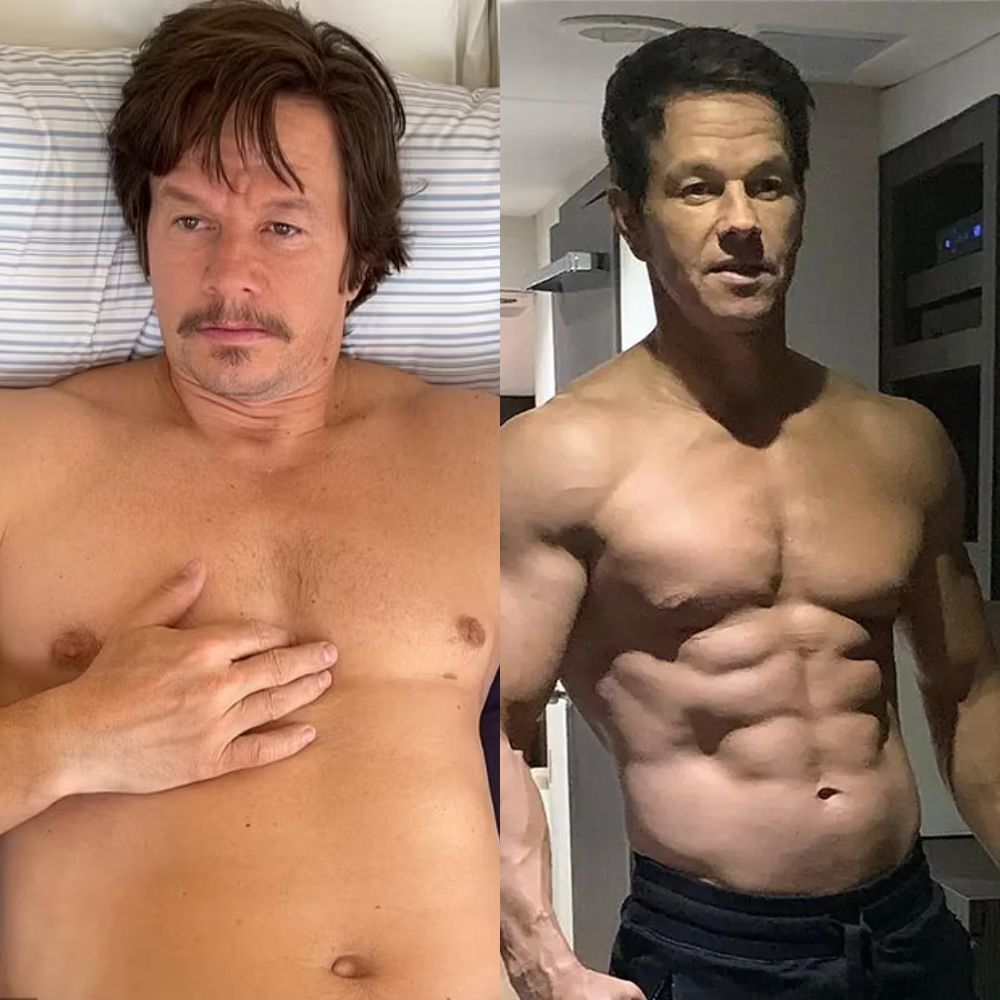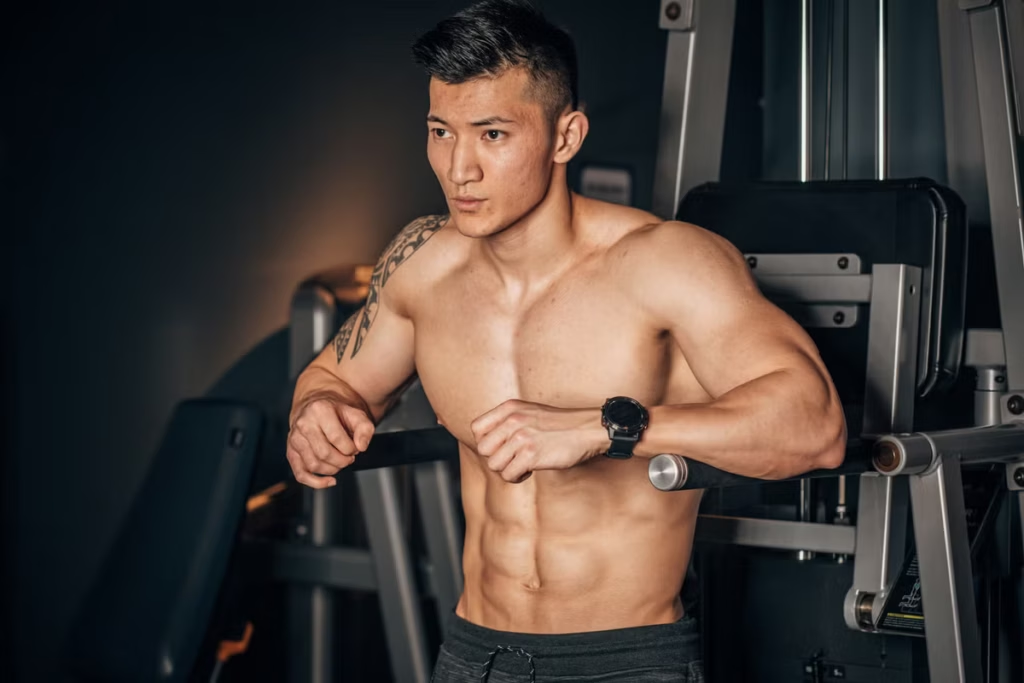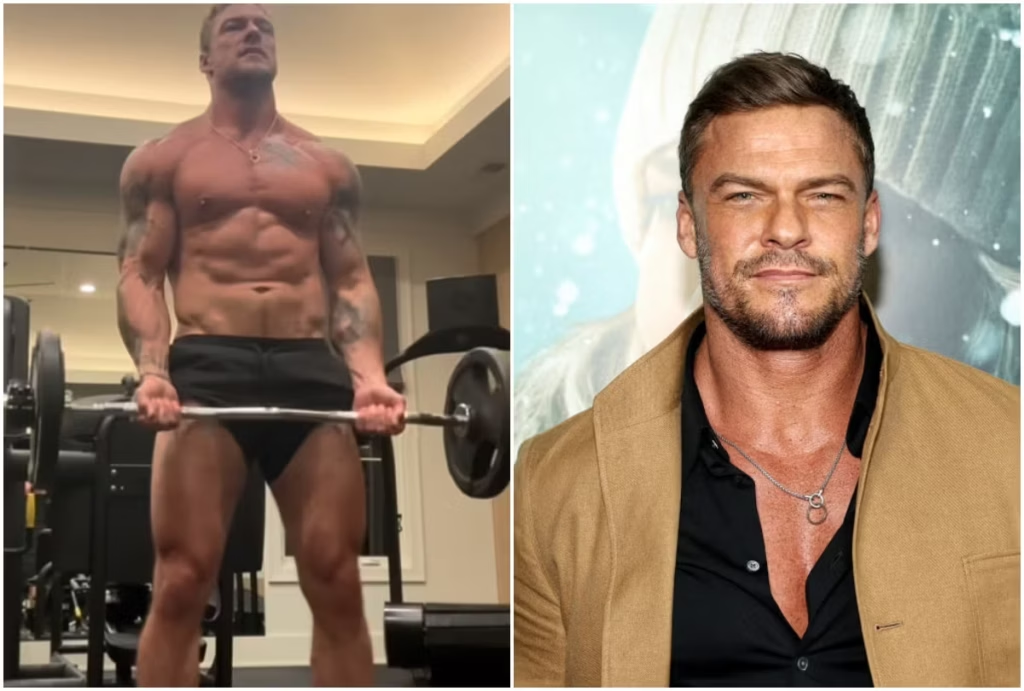YOU MIGHT REMEMBER the ‘Do you even lift, bro?’ viral memes of the mid 2010s. A content crew targeted ripped dudes on the street and queried whether the supreme physical specimen in question did, in fact, work out.
The question, which was heavily tongue-in-cheek, became something of a catch cry among many millennial men bantering with their mates. A decade or so later, however, the question posed has perhaps lost some of the irony that made it memorable. These days, if an annoying content creator were to stop you on the street, it might feel like a genuine, even pointed inquiry, such is the pressure many of us feel to pursue wellness goals, according to new data from lululemon’s 2024 Global Wellbeing Report.
These days that original question would likely be followed by a barrage of similar queries, such as ‘Do, you even go to run club, bro?’ ‘Do you even meditate, bro?’ ‘Do you even fast, bro’ ‘Do you even cold plunge, bro? ‘Do you do anything for your health and wellbeing, bro?
How did we get here? Social media may have had something to do with it, with work out and Strava screenshots populating many of our feeds. But although an aspirational focus on health and fitness is well intentioned, the relentless pursuit of wellbeing may be having a counterproductive impact, the report found, leaving many Australians feeling more burnt out than ever.
Wellbeing remains a top priority for most Australians – 74 per cent are setting boundaries to maintain their health. Despite this, Australia’s wellbeing score has stagnated at 66, and the pressure to keep up is immense. Nearly two-thirds of respondents in the survey said they are struggling with societal demands to maintain wellbeing, leading to 55 per cent of Australians experiencing significant levels of stress and burnout.
“This year’s report highlights that the growing pressure Australians feel to achieve a perfect state of wellbeing, is actually having the opposite effect” said Paul Tinkler, vice president, lululemon Australia and New Zealand. “With increasing burnout and feelings of isolation, it’s evident that traditional approaches aren’t enough. Our report highlights the urgent need for strategies that foster genuine connections and embrace balanced movement.”
Clinical psychologist Dr Emily Musgrove agrees. “The constant pressure to achieve optimal wellbeing can paradoxically lead to further feelings of stress and a sense of inadequacy,” she says. “It’s important to set realistic goals, establish healthy boundaries and to integrate community and movement more organically into our lives as sources of support and joy.”

Image I lululemon Together We Grow
As Musgrove points out, one of the key takeouts of the report and the impetus for lululemon’s ‘Together We Grow’ campaign, is the importance of harnessing the power of community to compound the positive effects exercise and self-care can have on your wellbeing. The report shows community-based movement leads to 32 per cent higher wellbeing for men in particular, with a 46 per cent higher sense of belonging for Australian men compared to 36 per cent in the UK. Forty-two per cent of Aussie men say team sports have a better impact on their wellbeing, while 40 per cent work out with others, which boosts their mental wellbeing by 12 per cent, the report found.
So, why is combining exercise and wellbeing so effective in boosting wellbeing? “As a species we are primed for social connection,” says Musgrove. “Interestingly, what the research suggests is that exercise primes us even further for connection through the release of certain hormones and chemicals that occurs when we move our bodies. So, when we move with others, we become more connected, which in turn significantly boosts our wellbeing.”
I have some first-hand experience on the power of social sweating. Two years ago, I began playing pick-up basketball on Saturday mornings with a bunch of other dads from my local area. I remember that first morning, arriving at the court at 6am, feeling nervous as to what to expect. I heard the echo of a ball bouncing and felt my competitive instincts tugging in my stomach. There were a couple of other guys there putting up shots. Soon we were playing 3 on 3. Afterwards I was on a high that lasted the rest of the day. Two years later, those Saturday morning sessions have become non-negotiable and with a regular crew showing up each week, I’ve not only developed a serviceable crossover, I’ve made some new friends, something men often struggle with as the mid-life crunch of work and family hits and you’re old friends begin to drop off.
Paul Villanti, lululemon Global Wellbeing Report advisor and executive director of programs at Movember, confirms the importance of addressing wellbeing through social activities like group exercise. “We’re seeing how group workouts are enhancing both the physical and mental health of Australian men. These activities not only bring enjoyment but also create meaningful social connections – critical components of a holistic approach to preventing burnout and promoting overall wellbeing.”
lululemon’s ‘Together we grow’ initiative aims to get communities across Australia to connect and move together in the lead up to World Mental Health Day (October 10). You’d have to say it’s a warmer more inclusive phrase than ‘do you even lift’, though perhaps it’s missing one word: bro.

Image I lululemon
5 ways to make your movement matter
Whatever exercise you choose to do, be sure to bask in the afterglow to fully access its benefits, advises Musgtove. “One of the best ways of optimising the benefits of exercising is to pay attention to how you feel after exercising. Notice what’s happening in your body, and what’s happening in your mind. We can step into feelings of gratitude for what our bodies are capable of, and to offer ourselves positive feedback for taking this action to look after ourselves. Don’t just move onto the next part of the day, slow down and notice.” Here are five ways to blend exercise with socialising
Join a running club. The year’s hottest trend is a great way to meet like-minded people and ease the throbbing pain in your calves as you pound the pavement. You might even score a date.
Play pick-up basketball or an organised team sport. Fresh air, camaraderie, mental highlight plays you can replay in your mind’s eye in the shower afterwards (just me, oh).
Do a group-training or CrossFit class. Metabolic conditioning can be a plateau-busting crucible, particularly if you add in a competitive element.
Cycle in packs. Join the ranks of Mamyls (middle-aged men in lycra) and cycle in packs, then take over a café afterward
Go to a sauna together. You don’t have to be a member of the mob to hit a sauna. Who knows, the heat might unlock some deep-seated feelings you need to get off your chest – just avoid talk of ‘whacking’ anyone.
Related:
5 signs you might be experiencing burnout
AFL star Max Gawn on training, family and getting angry at the right time








